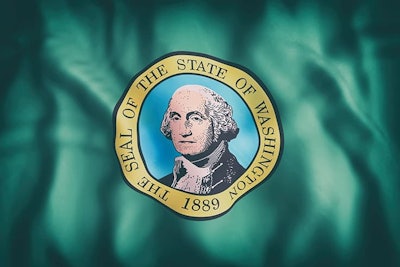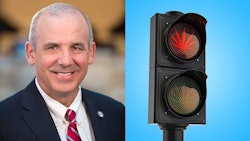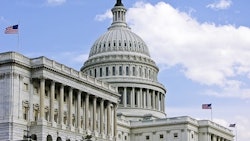
Washington’s Social Equity in Cannabis Task Force has been hard at work since its creation in 2020, and new legislation in the state Legislature now aims to incorporate policies recommended by the task force to increase social equity in the state’s cannabis market.
The task force, which is made up of lawmakers, government representatives and industry experts, was charged with making recommendations about issuing and reissuing cannabis dispensary licenses in ways that would promote business ownership among people of color, according to The Seattle Times.
A new bill in the Washington Legislature, House Bill 2022, aims to do just that by creating 38 new dispensary licenses, as well as 25 new producer and processor licenses, every year through 2029, the news outlet reported. These licenses may only be issued to social equity applicants through 2030, and then, beginning in 2031, 50% of the licenses must be awarded to social equity applicants.
Social equity applicants are defined as those who have lived in areas disproportionately impacted by the war on drugs, or those who plan to open a cannabis business that is majority owned by a racial group that has been disproportionately affected by arrests for cannabis possession, The Seattle Times reported.
H.B. 2022 also earmarks over $22 million annually to provide grants, low-interest loans and a mentorship program to social equity applicants, according to the news outlet.
A July 2021 survey conducted by the Washington State Liquor and Cannabis Board (LCB) revealed that 388 of the state’s cannabis dispensaries—81% of the market—are white-owned, while 19 stores—4% of the market—are black-owned, The Seattle Times reported. The survey also found that 1,092 producer/processors—85% of the market are white-owned—while 18 producer/processors—1% of the market—are black-owned.
“It is about bringing parity in the cannabis industry with Black and brown people,” Rep. Melanie Morgan, (D-Parkland), who serves on the Social Equity in Cannabis Task Force, said during a Jan. 28 virtual public hearing on H.B. 2022, according to The Seattle Times. “That’s simply what we are asking for in totality, whether it be about buffer zones or whether it be about licenses. This is what this bill is about."























